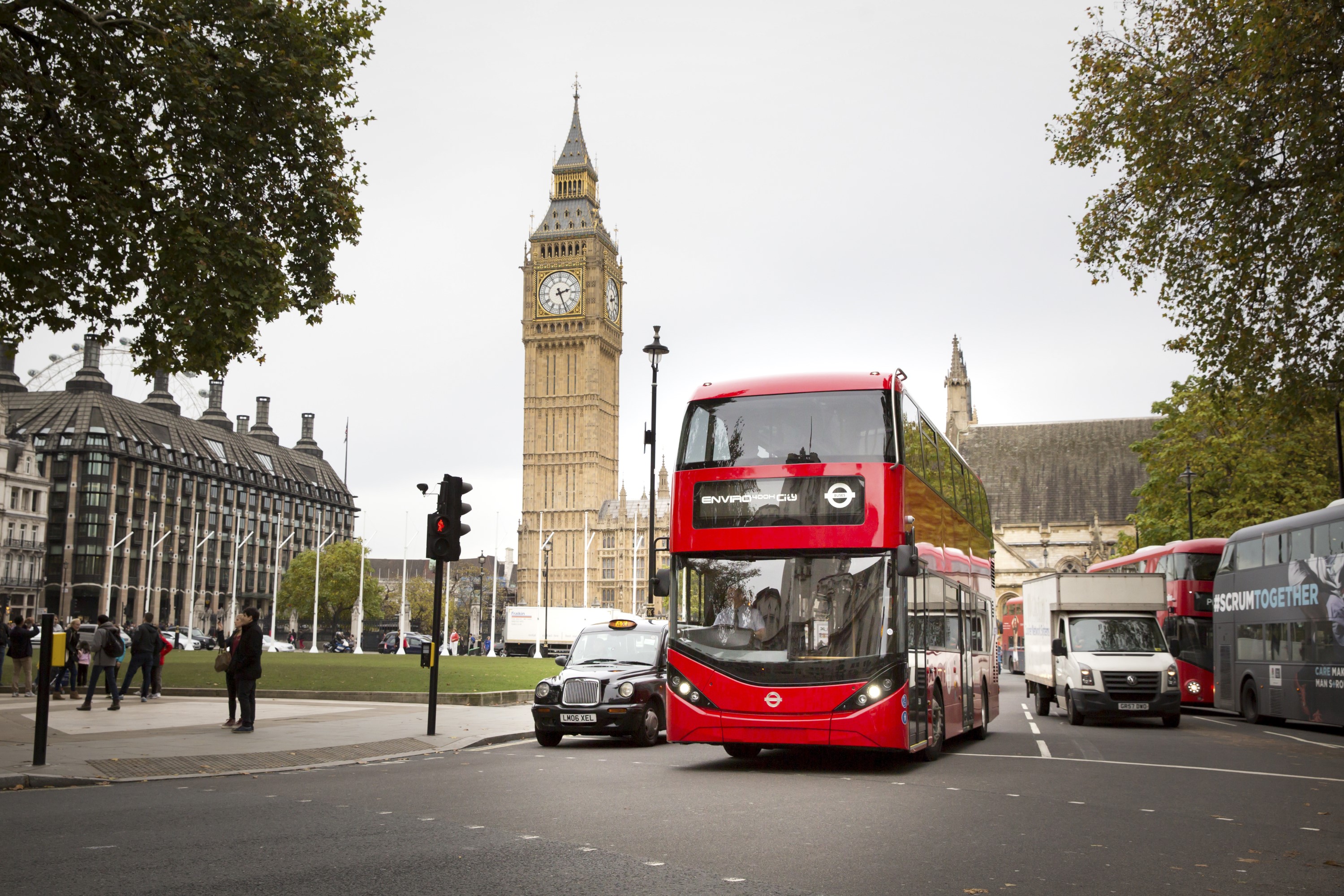November 14 2022
- The Chancellor is being urged to provide a long-term funding package for bus services in the Autumn statement
- Research by KPMG and WPI Economics shows a long-term Government investment would boost the economy, reduce CO2 emissions and generate health benefits
A £10bn package over five years would:
- Rollout the National Bus Strategy to remaining English councils yet to receive funding, improving bus services for an extra 20m people
- Boost UK growth, with up to £3.68 of economic benefits for every £1 invested in bus priority measures¹
- Increase the number of bus services by 7%, boosting labour markets across the UK
- Enable a congestion-busting reduction of 470m car trips which will:
- Reduce CO2 emissions by 520,000 tonnes²
- Generate environmental benefits of £1.5bn³
- Improve our health to the value of £680m through cleaner air, reduced noise pollution and increased physical activity⁴
- Provide up to £250m to keep vital bus routes running when existing funding runs out in April⁵
Ahead of the Autumn statement, the Confederation of Passenger Transport (CPT) - the trade association for the bus industry - is calling on the Chancellor to commit to a properly funded bus network.
Graham Vidler, CPT’s Chief Executive said: “Buses deliver far-reaching and cost-effective benefits for the taxpayer compared to other transport modes.
“Alongside private investment, we are urging the Chancellor in the Autumn statement to prioritise a five-year £10bn package of measures for local authorities to grow bus use.
“This most popular form of public transport has the potential to level up the UK by massively cutting carbon emissions and transforming people’s health, links to employment and leisure during these challenging economic times.”
Research by WPI economics and KPMG shows that buses are fundamental to growing the economy and meeting net zero carbon targets. This is why the CPT is calling for a five-year programme of funding. The plan includes the completion of the National Bus Strategy that has already benefitted 31 local authorities with a £1.6bn investment; as well as funding of £250m in April, to keep vital services in place.
This injection would also attract further private investment to add to the estimated £2bn invested by bus operators over the past five years. This includes the future delivery of all-electric bus networks in Inverness and Perth by Stagecoach, a fleet of UK-built, zero emission hydrogen buses to be introduced by The Go-Ahead Group to serve Crawley and Gatwick Airport, as well as the largest order for electric vehicles outside London placed by First Bus - 61% funded by the operator as part of the Government Zero Emission Bus Regional Areas scheme.
Currently, there is a 10% shortage of UK bus and coach drivers. To help sustain vital bus routes, the CPT is leading a recruitment campaign “Thank you Driver” in England and Scotland and “Cheers Drive” in Wales and the South West. This is to encourage people to consider a rewarding career driving a bus, with drivers being thanked 37 times a day on average, more than five times the next closest profession.
ENDS
Notes to editors
- *£3.68 economic benefits link to P47 of the KPMG report Greener Journeys maximising the benefits of local bus services.
- From fare change £0.10
- From service change £1.90
- Reduced fuel tax revenue -£0.11
- Bus operators change in operating profits £0.06
- Improved labour access to the market £1.36
- Volunteering contributions £0.23
- See WPI Economics research note 6 below
- See WPI Economics research note 6 below
- Same report as point one: https://www.cpt-uk.org/media/oo5kczge/greener-journeys-maximising-the-benefits-of-local-bus-services.pdf
- Support from Government to maintain service levels has been supplied throughout the pandemic through the “Bus Recovery Grant”. This is due to expire in April.
- The impact on demand derived from the different investment packages has been estimated on the basis of KPMG’s report for Greener Journeys “Maximising the benefits of local bus services”, which calculated that £2bn investment for English bus services would lead to additional 425 million journeys per year. The share of those journeys derived from modal shift has been calculated by assuming that 30% of those additional journeys would have previously been travelled by car, based on RAND’s “Bus fare and journey time elasticities and diversion factors”. Except for those associated with increased bus supply, benefits have been calculated using the findings of WPI Economics’ previous report for the Confederation of Passenger Transport. The benefits associated with increased bus supply have been estimated using the methodology developed by the Institute from Transport Studies in the “Buses and the Economy” report. For more details, please see the accompanying note to WPI Economics’ forthcoming report.
